Welcome back to the Stairway to Wisdom!
This week's book breakdown features Be Nobody, by Lama Marut, an extremely wise, thought-provoking book about the Self, and society's obsession with trying to be somebody in this world.
In this issue of the newsletter, we've also got a profile on the pathbreaking poet Maya Angelou, three books that will help you take care of your future self, wisdom from a great book about the habits of millionaires and future millionaires, and more!
So let's get started!
Latest Release: Be Nobody
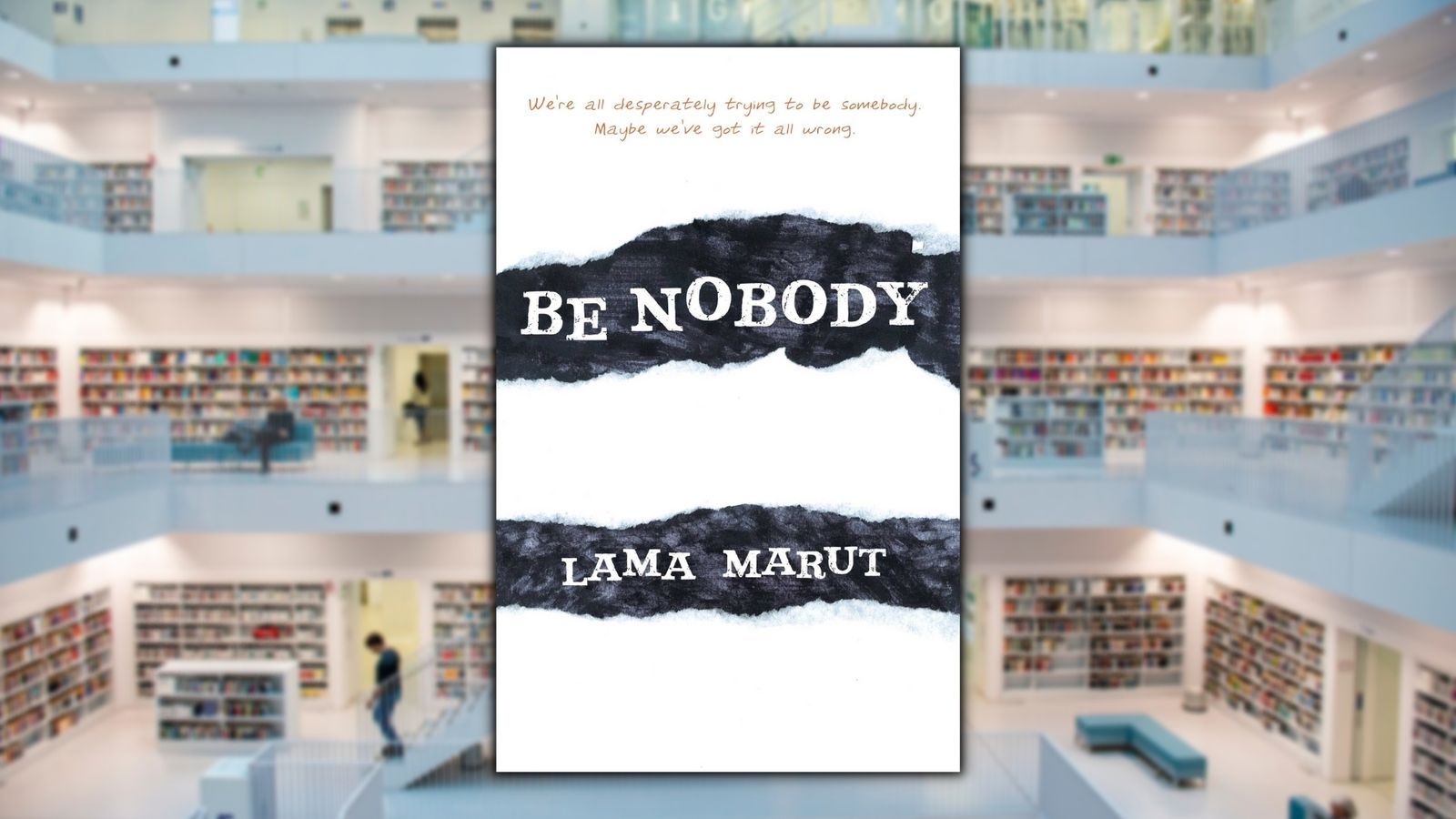
The philosopher Alan Watts believed that the most fascinating question one could ever ask was simply, "Who am I?"
He was right in that the answer is so elusive, so bottomless, as to never give us a chance to reach any sort of definitive conclusion. It's a question we could keep asking about ourselves, over and over and over again for the rest of our lives, and still not have a complete, straightforward answer to.
Yet, wherever we look today, we see people constantly, insistently pushing their own identities in our faces (either their group identity or their personal identity), aggressively asserting that they are uniquely special and marvelous and that we should recognize this about them.
It's all so...tedious and boring! And it's also pretty much constant.
In this book, however, Lama Marut demonstrates the immense and enduring freedom that comes with giving up that whole game and just being nobody. Which, paradoxically, allows you to be yourself.
The trouble, as Marut explains, is that this drive to be somebody usually means that we're striving to be somebody else. As you'll come to see, this makes it even more difficult to find out who you really are! If you're always trying to be somebody else, you'll never discover who you already are and what that means.
Marut's solution (which is, really, the timeless, eternal solution reached by sages and mystics throughout history and all over the world) is to deliberately become nobody. After all, nobody's perfect. So why not be nobody?
--> Read the rest at the Stairway to Wisdom!
Inside the Mind: Maya Angelou

Inside the Mind is where we take you deeper into the life and thought of a major literary figure, someone who has had an extraordinary impact on our collective knowledge and wisdom.
Today I'm featuring Maya Angelou (1928-2014), an American memoirist, poet, and civil rights activist who published seven autobiographies, three books of essays, and made numerous other contributions to our culture over a career spanning more than fifty years.
I Know Why the Caged Bird Sings, an autobiography, is her most famous work, and it was groundbreaking because before then, it wasn't at all common for black women to be the central characters in the literature they wrote. That book is striking, in many ways, and it follows her life right up until the time she was 17.
She's received dozens of awards and more than fifty honorary degrees, but I'll always remember and talk about her as a brilliant woman, dangerous with a pen and paper, who wasn't afraid to tell the stories that needed to be told, regardless of the opposition she faced while trying to tell them.
A Few Quotes from Maya Angelou:
“I've learned that people will forget what you said, people will forget what you did, but people will never forget how you made them feel.”
“There is no greater agony than bearing an untold story inside you.”
“What you're supposed to do when you don't like a thing is change it. If you can't change it, change the way you think about it. Don't complain.”
Start with This Book: I Know Why the Caged Bird Sings, by Maya Angelou
Another Good Place to Start: Letter to My Daughter, by Maya Angelou
Wisdom in Action: Million Dollar Habits
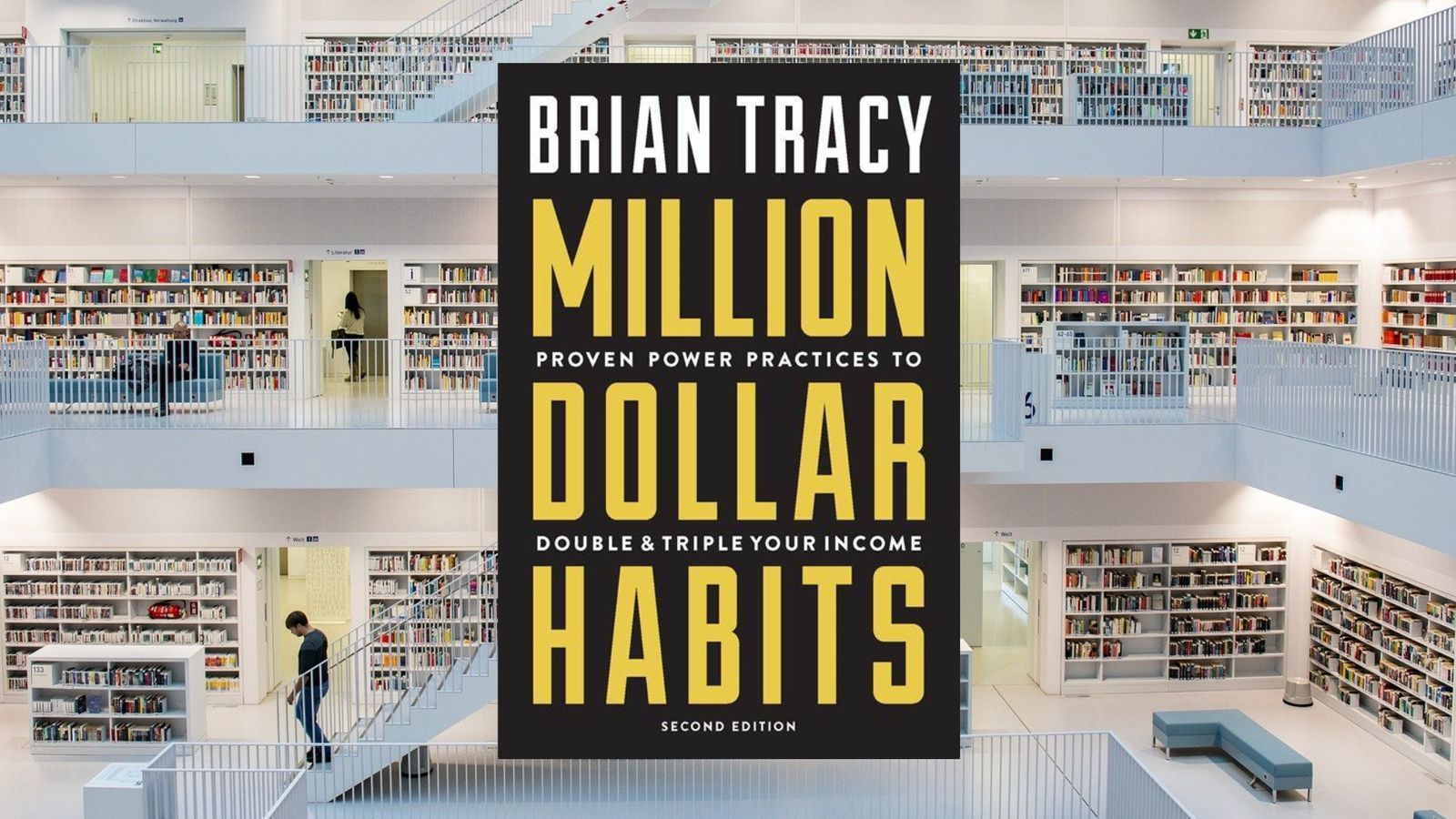
You'll notice that every book summary in The Stairway to Wisdom comes with Action Steps. That's because when you really want to bring about changes in your life, knowledge is not enough.
After learning and knowing, you must do.
We want every one of our readers to see and feel their lives changing for the better, immediately and over time.
So in this section, we've taken the first two Action Steps from Million Dollar Habits, by Brian Tracy, an excellent book about the habits and behaviors that most tend to lead to success and fulfillment, and put them right in front of you so that you can take action today:
#1: Raise Your Self-Concept
It's virtually impossible to act differently than you believe yourself capable of acting. That is, to act against the idea that you have of yourself internally.
This being the case, one of the first and most important steps you can take on any self-improvement project is to raise your self-concept, to raise your standards.
We don't rise to the level of our dreams but rather we fall to the level of our standards and our habits. Raise them. Install good ones. Your life will never be the same.
It's helpful in the beginning to start with just one area of your life in which you'd like to raise your self-concept.
We have a separate self-concept for every area of life, and it can be overwhelming to try and change them all at once. So instead of trying to raise your standards in the areas of fitness, relationships, finances, career, etc., all at once, what you might consider is picking one of those areas to attack first.
What are you willing to settle for in that area? What are you not willing to tolerate? Those are the kinds of questions you need to be asking when you decide to get serious about making a big change to your self-concept.
To take the area of your finances, because that's easier to put a number on, what are you worth in terms of salary and net worth? To be perfectly clear, your self-worth has absolutely nothing to do with your net worth - we're simply raising your self-concept in this important area.
Decide: How much money do you deserve to make this year? What level of net worth are you "comfortable" with? What can you do today to move yourself closer to this level, to be in accordance with your new self-belief?
#2: Practice Writing Out Your Goals
I write out my goals literally every single day, and it's been nothing less than transformational for me. You don't have to get crazy like I do, but I actually have a 100-year plan for how I want my life to unfold.
Obviously, at that distance in time, it's not helpful to get too specific. A lot can happen in 100 years, but it forces me to make long-term moves, and to get serious about maximizing my opportunities today.
All I know is that in 100 years I want to own a large part of a space exploration company, and be intimately involved in travel to other planets and maybe even to other solar systems.
But I also get extremely practical when it comes to the next ten years, the next five years...even the next week. I have written plans for all of these timescales and I can highly recommend doing so yourself. It will give you massive clarity on what's important now, what's not important, and what you should be focusing on.
If you're starting with a 10-year plan, which is what I suggest starting with, simply write out everything you'd like to experience and accomplish in the next ten years.
Then, think about what would have to happen in the next five years to make your 10-year plan a reality. What kind of connections would you have to form? How much money would you have to earn? How much time freedom would you need?
Then, get serious about ruthless execution on both a daily level, and at the yearly level as well. I have specific, actionable plans for the day, the week, the month, the year, the next five years, the next ten years, and the next hundred years, and then I attack them single-mindedly and with extreme prejudice until I accomplish my objective. I'm serious: write out your goals and watch your entire life transform before your very eyes.
Read the Full Breakdown: Million Dollar Habits, by Brian Tracy
From the World of Reading: Monthly Reading Recap
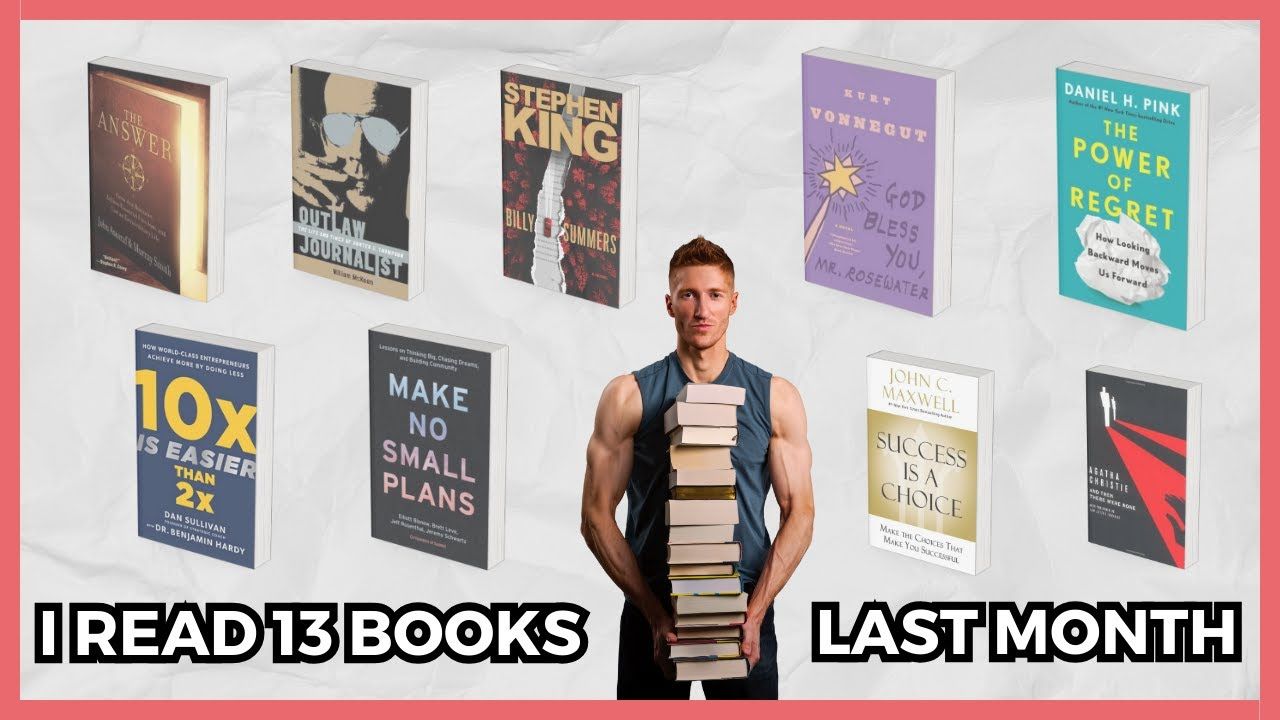
Here is my Monthly Reading Recap, where I talk about the 13 books I read in August of 2023, including an INSTANT favorite by one of my most beloved fiction writers.
I don't usually finish books I hate, but there's also one of those in there. I don't REGRET reading it, but I do kinda wish it had never been written.
You'll understand why when you watch the video.
That being said, there are some GREAT books in here - new favorites - and so August was a FANTASTIC reading month. I toss in a few bonus book recommendations in there along the way too.
Have you read any of these books before? Let me know! I read every comment.
Source: Matt Karamazov on YouTube
Learn This Concept: The Paradox of Abundance
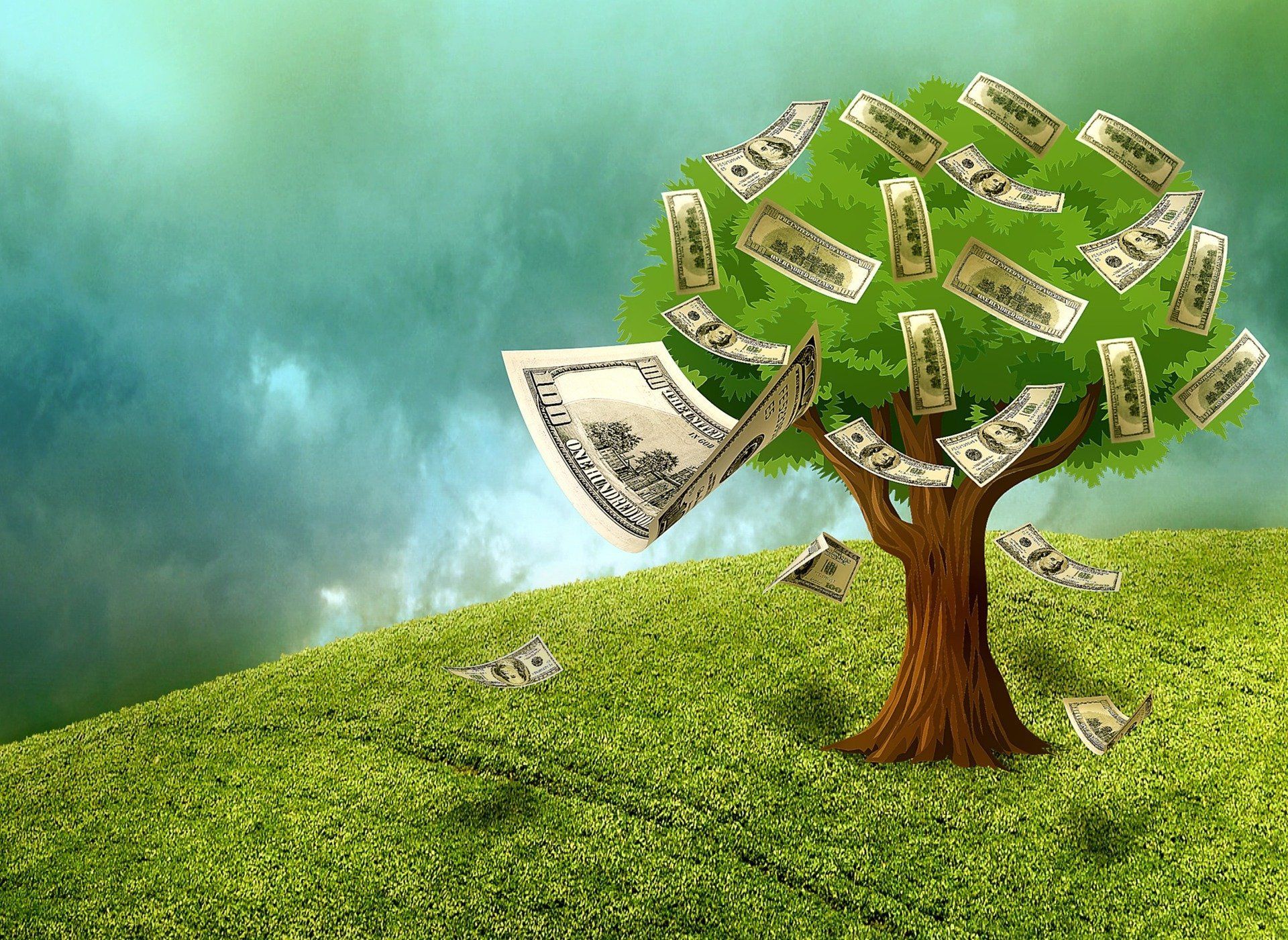
Briefly stated, the Paradox of Abundance refers to the phenomenon where, as greater numbers of people gain access to a particular resource, a minority of people profit immensely and the majority of people are adversely affected.
As David Perell puts it:
Information abundance, like all markets of abundance, is bad for the average person but great for a small number of people.
Abundance is a paradox. Environments of abundance are bad for the median consumer but extremely good for a small number of conscious ones. Average consumers are doomed to the tyranny of instinct. Meanwhile, consumers at the top are propelled by unlimited access to nutritious food and information.
The best metaphor is health, where obesity rates and the number of people in incredible shape are both rising. That’s why 71% of American adults are obese, while the people I see at Equinox in Manhattan have bodies that are as sculpted as a Greek statue.
I call this the Paradox of Abundance.
I find this really interesting, how, for example, we have all this access to incredibly detailed, diverse information, and yet paying attention to most of it is bad for you.
Where the news is concerned, their business model is fear, and yet billions of people each day tune into their preferred "fear factory" to get their daily dose of disaster and death.
Yet, if you know what to look for, and if you choose your sources carefully, this access to virtually infinite amounts of information can make your life a paradise by giving you exactly what you need in order to thrive.
Perell goes on to quote Naval Ravikant, a favorite author and thinker of mine:
Naval Ravikant, an angel investor who shares wise words on how to lead a healthy life, once said, "If you diet, invest, and think according to what the ‘news’ advocates, you’ll end up nutritionally, financially, and morally bankrupt.”
The modern media environment helps a small number of savvy consumers, just as it destroys the lives of millions of mindless consumers who are paralyzed by fear, anger, and misinformation.
Every day, the variance between them increases. Careful consumers use the information at their fingertips to compound their wisdom while compulsive ones drown in a volcano of fire-burning rage.
Further Reading: The Paradox of Abundance
Three Books: How to Care for Your Future Self

There is a book for every problem you could ever face. Whatever it is that you're dealing with, someone else has also gone through something similar, come out stronger on the other side, and written about it in a book.
With that in mind, here are three books that can show you how to anticipate threats to your future happiness and flourishing, and give you the tools to start working towards a better future today:
Be Your Future Self Now, by Dr. Benjamin Hardy:
“The first and most fundamental threat to your Future Self is not having hope in your future. Without hope, the present loses meaning. Without hope, you don't have clear goals or a sense of purpose for your life. Without hope, there is no way. Without hope, you decay."
This Book Breakdown contains 21 Key Ideas, 7 Action Steps, and 96 Book Notes. Read It Here.
Your Next Five Moves, by Patrick Bet-David:
“Your vision must align with who you want to be. Your choices must align with your vision. Your effort must align with the size of your vision. Your behavior must align with your values and principles.”
This Book Breakdown contains 7 Key Ideas, 5 Action Steps, and 14 Book Notes. Read It Here.
Personal Development for Smart People, by Steve Pavlina:
"A commitment to growth was the solution to all of my worst problems."
This Book Breakdown contains 9 Key Ideas, 5 Action Steps, and 42 Book Notes. Read It Here.
Upgrade Your Reading:
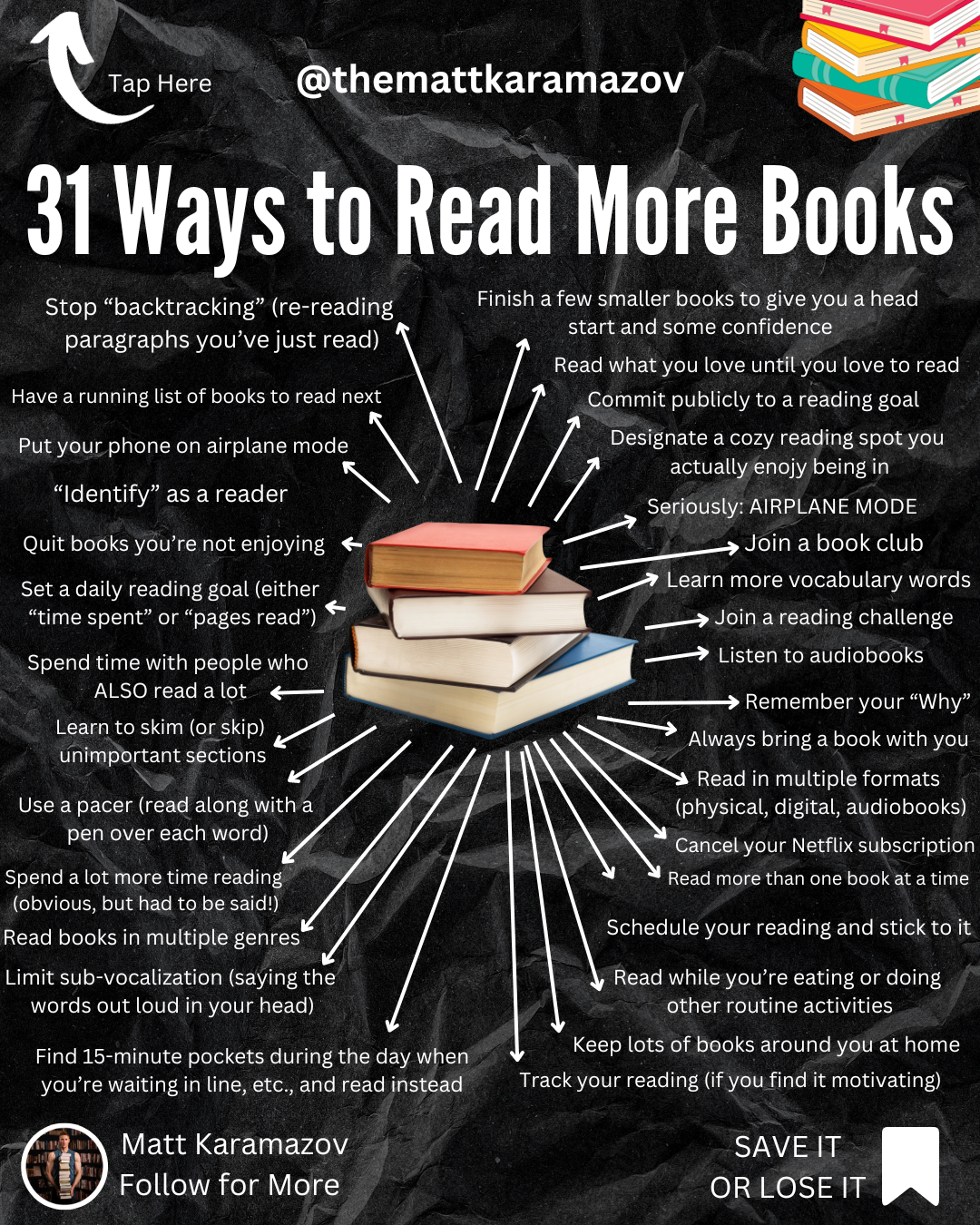
Reading a lot of books isn't complicated, but it's also not easy.
There's a lot that goes into it, as you can see from the image above (which was originally posted on my Instagram).
I've used and/or continue to use every strategy listed above, and together, they've allowed me to read 1,200+ books in the last 10 years.
No, reading 1,200+ books isn't easy, but it's possible...
Especially if you work in at least 5-10 of the above strategies.
Now, why do things like "learn more vocabulary words" help?
Because every time you run into a word you don't know, it slows you down.
But, as you read more and more books (and look up unfamiliar words in the dictionary), eventually there comes a time when you know a ton of words, and you're able to breeze through paragraphs that used to give you problems before.
So, although it takes a long time (reading is a skill, after all), just reading a lot of books and learning a lot of words will help you read faster.
There are plenty more fantastic strategies above, and so see if you can find at least 3-4 of them that you can implement in your reading repertoire! Any single one of them could help you read at least an extra book per month.
Further Reading: Matt Karamazov on Instagram
Study Notes: On Writing, by Stephen King
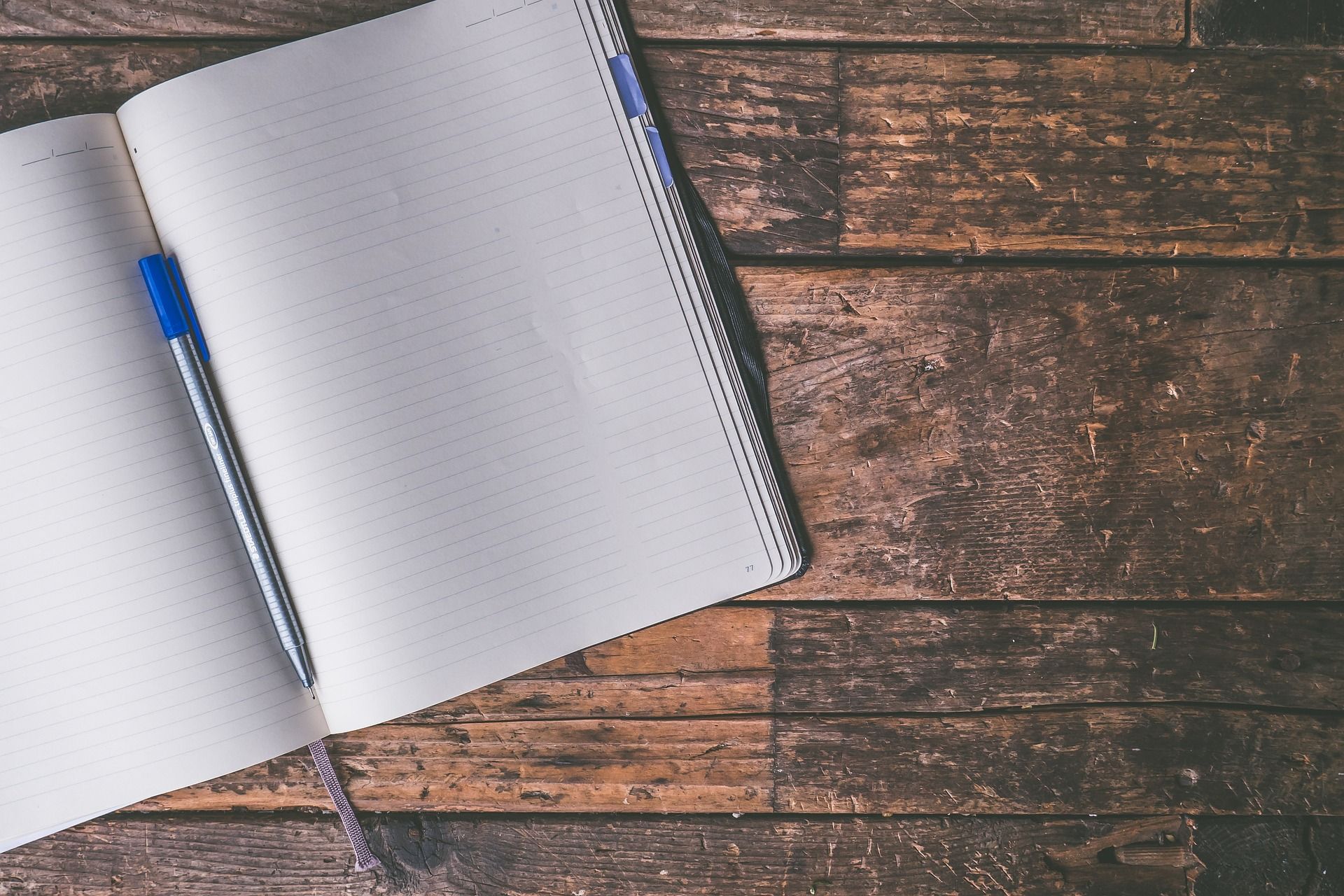
There are plenty of books out there on the subject of writing (some better than others) but one of my absolute favorites is Stephen King's book, On Writing.
It's perfect for writers of all genres, and even if you're not a King fan/reader yourself, you might definitely want to consider checking this one out. If not just for the jokes and the motivation!
The first half of the book is more autobiographical, where he talks about his childhood, his formative experiences (one of which, about his very first memory, is hilarious), and then in the second half he moves on to specific writing strategies, helpful hints, and some words of encouragement for aspiring writers everywhere.
I highly recommend this book to just about every writer everywhere, and if you're like me, once you finish it, you'll remember what brought you to this business in the first place. King is definitely "one of us," and I loved this book.
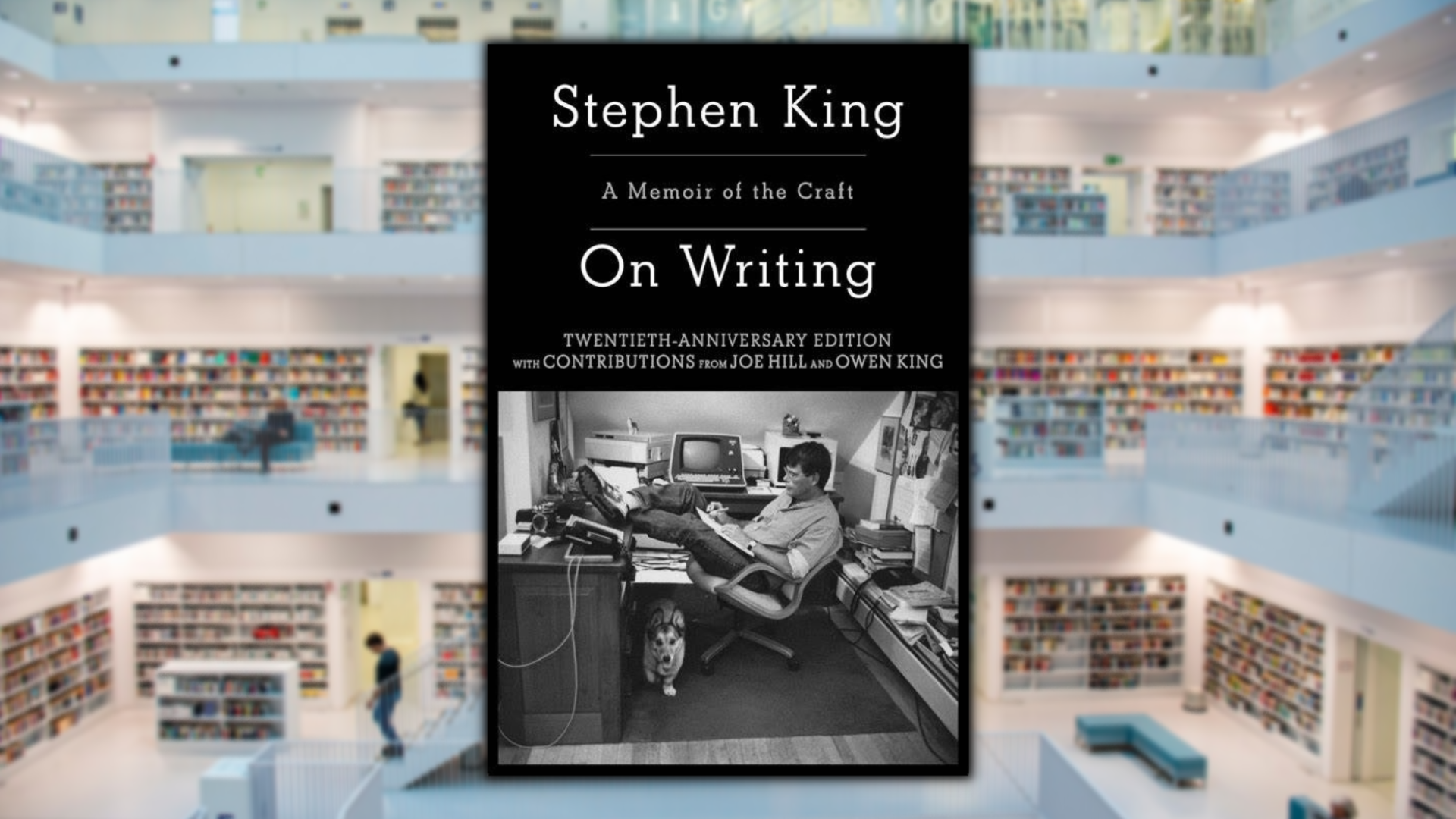
A Sample of My Book Notes from On Writing:
“If you want to be a writer, you must do two things above all others: read a lot and write a lot.”
“I think I was forty before I realized that almost every writer of fiction and poetry who has ever published a line has been accused by someone of wasting his or her God-given talent.”
“And whenever I see a first novel dedicated to a wife (or a husband), I smile and think, ‘There’s someone who knows.’”
“I believe the road to hell is paved with adverbs, and I will shout it from the rooftops.”
“Only under dire circumstances do I allow myself to shut down before I get my 2,000 words.”
"Reading at meals is considered rude in polite society, but if you expect to succeed as a writer, rudeness should be the second-to-least of your concerns. The least of all should be polite society and what it expects.
If you intend to write as truthfully as you can, your days as a member of polite society are numbered, anyway."
Further Reading: Matt Karamazov's Notes from 1,200+ Books
What's Next?

That's it for this week! But I'll be back next week with more book breakdowns, inspiring thinkers, novel concepts, big ideas, reading tips, and more.
In the next issue, I will also be releasing the breakdown of The Velvet Rope Economy, by Nelson D. Schwartz, a sobering book about the growing gap between rich consumers and poor, and how it's eroding the quality and health of our public spaces - and maybe even tearing us apart.
Also, if you have any bookish friends that you think would love the Stairway to Wisdom, you can click the button below and share it with them. I mean, what are friends for?
We covered a lot today, and again, thank you very much for joining the Stairway to Wisdom. The whole team is behind you! We all want you to win!
Until next time...and happy reading!
Matt Karamazov
